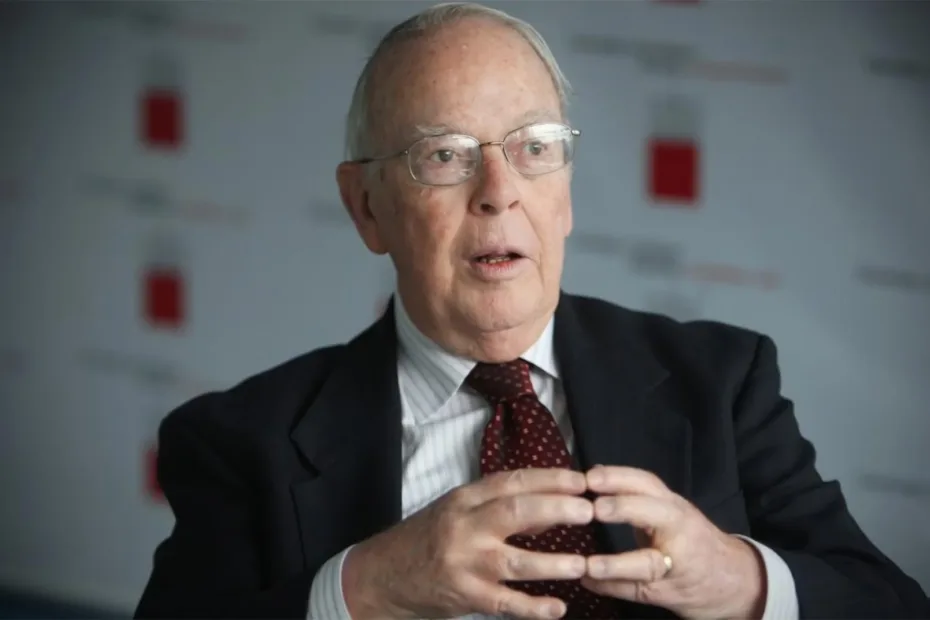Reception Theory | How Audiences Make Meaning of Media
Reception Theory explains how media actively involves the audience, making the content significant in their daily lives. This two-way communication process empowers individuals to interpret media content, by going beyond passive consumption and thus shaping their everyday perspectives and experiences.









